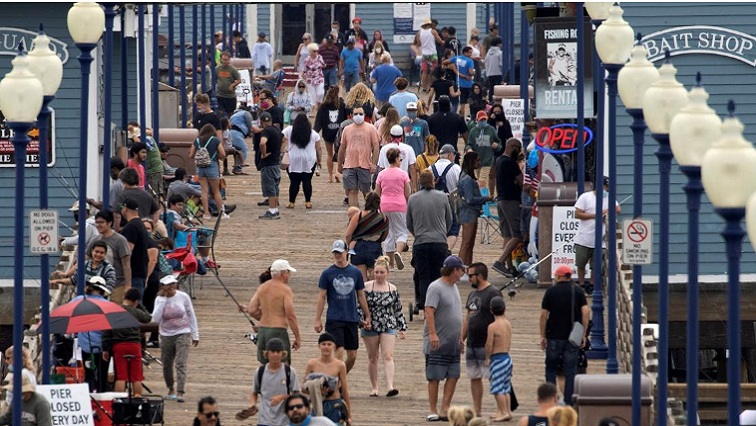Race and politics have always been intertwined in South Africa, given the country’s history of legislated racial divisions. Despite strides towards unity in diversity since democracy dawned, voting patterns still largely reflect racial lines, with politicians often appealing to racial fears and prejudices to garner support.
In the Western Cape, winning the so-called coloured vote has traditionally been seen as crucial for political success. However, with changing racial demographics, particularly in the Cape Town Metro, where the number of black Africans has now surpassed that of coloureds, questions arise about potential shifts in voting patterns.
Experts and political analysts, though, believe that such demographic changes may not necessarily translate into significant changes in voting behaviour.
Professor Cherrel Africa from the University of the Western Cape suggests that challenges faced by both major parties, the Democratic Alliance (DA) and the African National Congress (ANC), could offset each other’s electoral prospects.
Africa says, “There are multiple scenarios because you will remember that in the run-up to the 2019 elections, there were also polls saying the DA would lose the majority and even in by-elections there was migration from the DA. But then when it came to it they did maintain their majority.”
“However at the same time, anger against the DA at provincial level cannot be discounted in the same way that anger against the ANC at national level cannot be discounted,” adds Africa.
VIDEO | Cape Town racial demographic changes ahead of May polls: Asanda Ngoasheng
Professor Zwelethu Jolobe from the University of Cape Town emphasises the importance of analysing the composition of the voter roll to gauge potential impacts on voting patterns.
Jolobe says, “The issue that you have to look at is what does the voter roll look like. Meaning who are these people? Who are these new people? If there are new people? Then you can make a judgment about whether there is a greater swing vote. But I think from conservative estimates there is a necessary correlation between an increase in a certain demographic group and therefore that’s an increase in people in the voter roll.”
The ruling DA remains confident in its governance record and its ability to retain voter support. Provincial Leader Tertius Simmers points to recent by-election results, indicating growth in traditionally ANC strongholds, as evidence of continued support for the party.
Simmers says, “If you look at the demographic voter spread of the vote support, last year we had a by-election in the ANC traditional stronghold of Khayelitsha-Gunya area, where the DA grew by almost 300 – 400 percent. Which means as much as we’ve seen an influx for better opportunities, actually we have seen an upward increase for the DA. The tendency and the pattern in terms of by-elections is an influx of the possibility of actually growing in these Xhosa speaking areas.”
Meanwhile, smaller parties like the ACDP see an opportunity to increase their influence, with hopes of the DA falling below the 50 percent mark. Provincial leader Ferlon Christians emphasises the ACDP’s appeal to all voters seeking “godly governance.”
Christians says, “As a Christian party, we appeal to all voters. And people are really looking for godly governance. So we are optimistic the DA will get under 50 percent and the ACDP will form a government with the DA in order to improve the lives of the people of the WC.”
As the province gears up for the May 29 elections, the interplay between changing demographics and political dynamics will undoubtedly shape the electoral landscape in the Western Cape.

